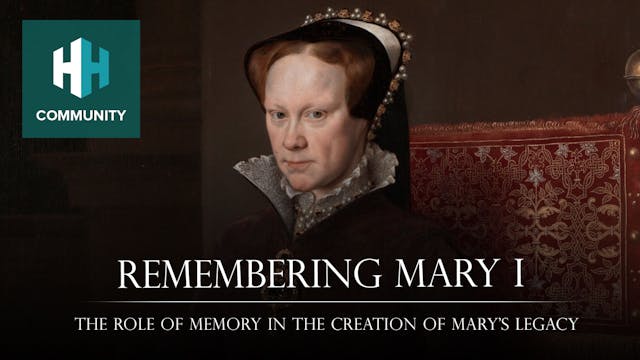In 60 AD, the fledgling Roman town of Colchester witnessed ancient Armageddon. Thousands of British warriors descended on the settlement, turning what was then the capital of Roman Britain to ash. At the head of these attackers was one of the most well-known figures in British history - the warrior woman Boudica. Her bloody assault on Colchester marked one of the first gruesome events of her revolt against the Romans.
For a long time, the Roman historian Tacitus was our main source for Boudica’s great burning of Colchester. But no longer. Beneath the ground level of the modern city, archaeologists have uncovered actual physical evidence of the burning. From a visible ash layer in the soil, to a great wealth of artefacts that have revealed more about the sheer brutality of Boudica’s onslaught and the tragic tales of innocent victims caught up in the carnage.
Tristan Hughes visits Colchester to investigate this incredible archaeology and to see whether it supports the surviving Roman account for Boudica’s bloody sacking of this settlement almost 2,000 years ago.
Up Next in Women Who Have Made History
-
The Story of Dido Belle
Dido Belle was a young black woman, born to a British Naval Officer and a slave woman but brought up in an aristocratic family. She was privileged but not equal, loved but not legally free. She occupied an extraordinary position in the home of the Lord Chief Justice Mansfield as his adopted niece...
-
Remembering Mary I: The Role of Memor...
By virtue of being England’s first crowned queen regnant – a queen in her own right – Mary I set a precedent for English regnant queenship. She struggled to establish her reign amidst the religious, nationalist, and gendered contexts of sixteenth-century England. Focusing particularly at the mome...
-
Women and the Vote: Was 1918 the End ...
1918 is hailed by all as one of the most significant years in providing democratic citizenship for the people of the United Kingdom, when Parliament approved that women could vote in a general election for the first time. Of course, this was a limited success since only certain women aged 30 and ...




28 Comments